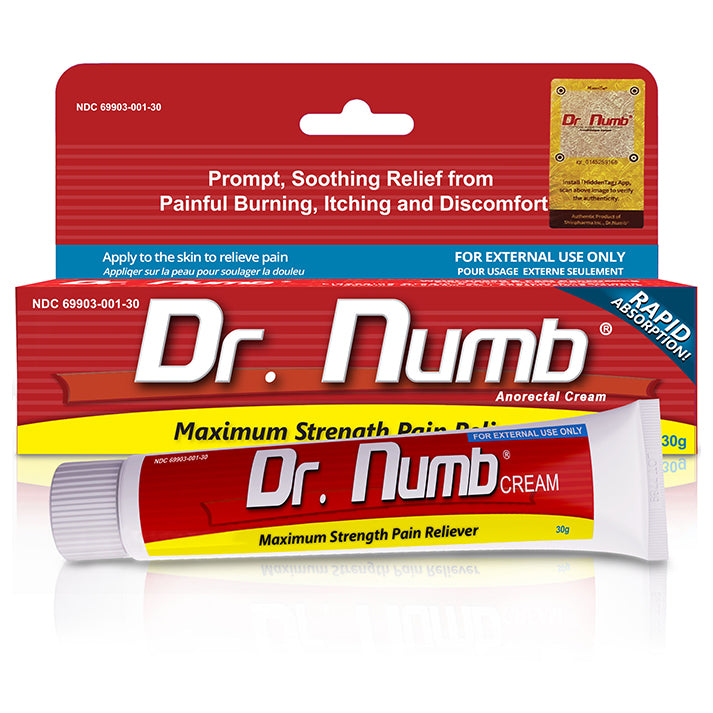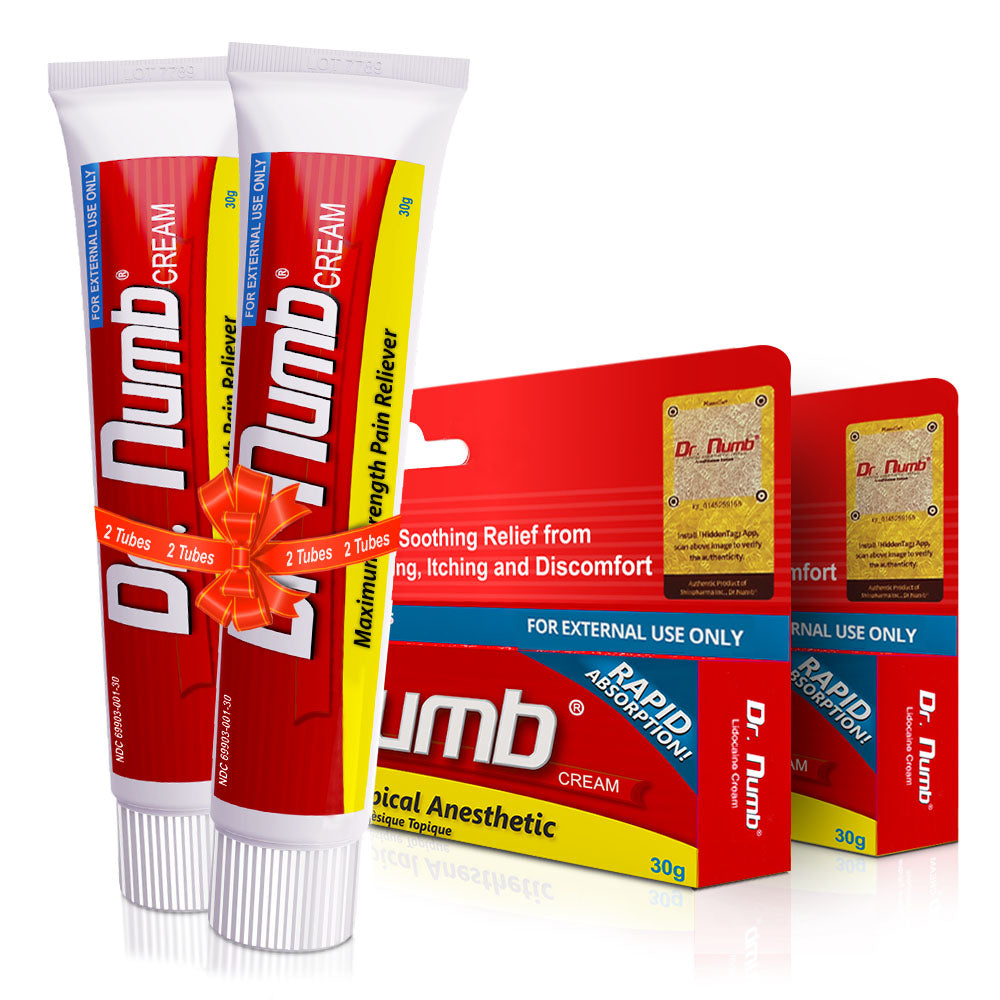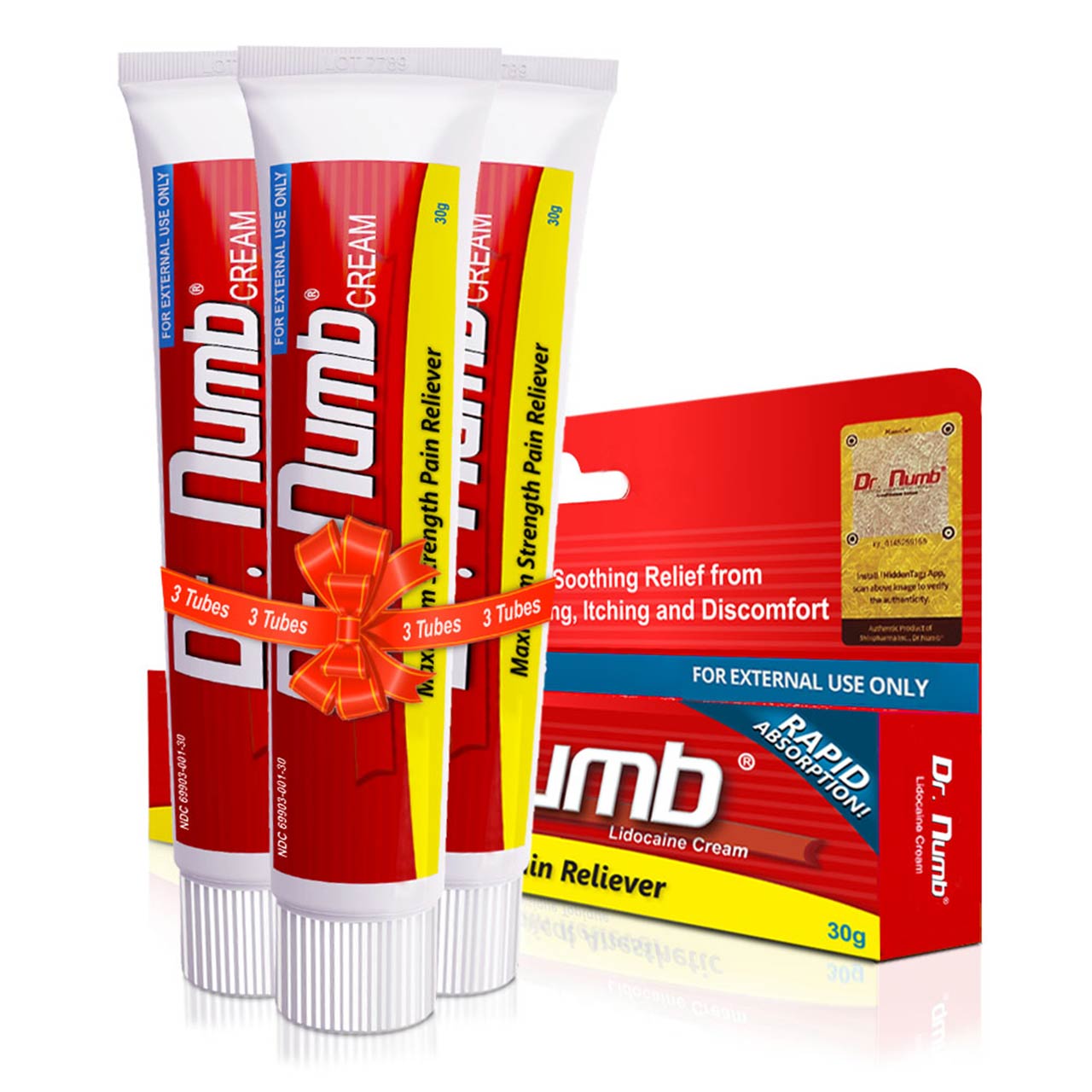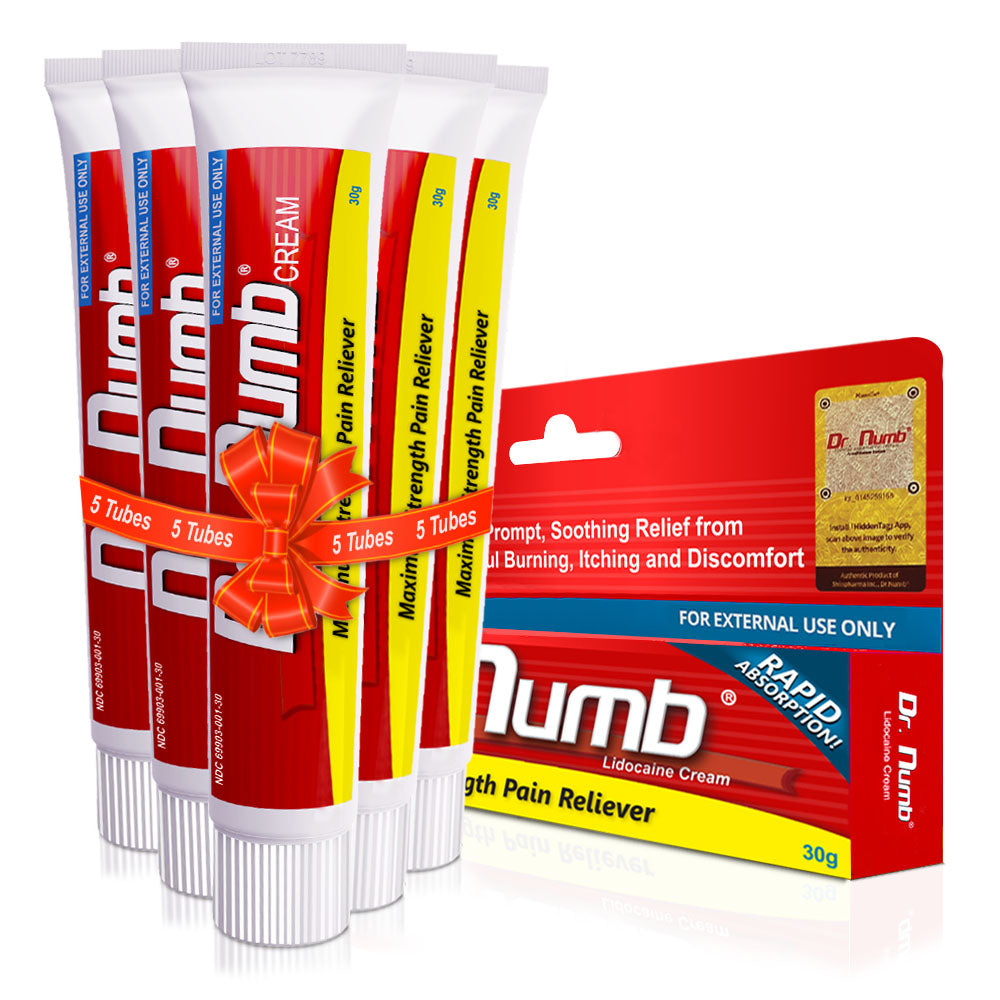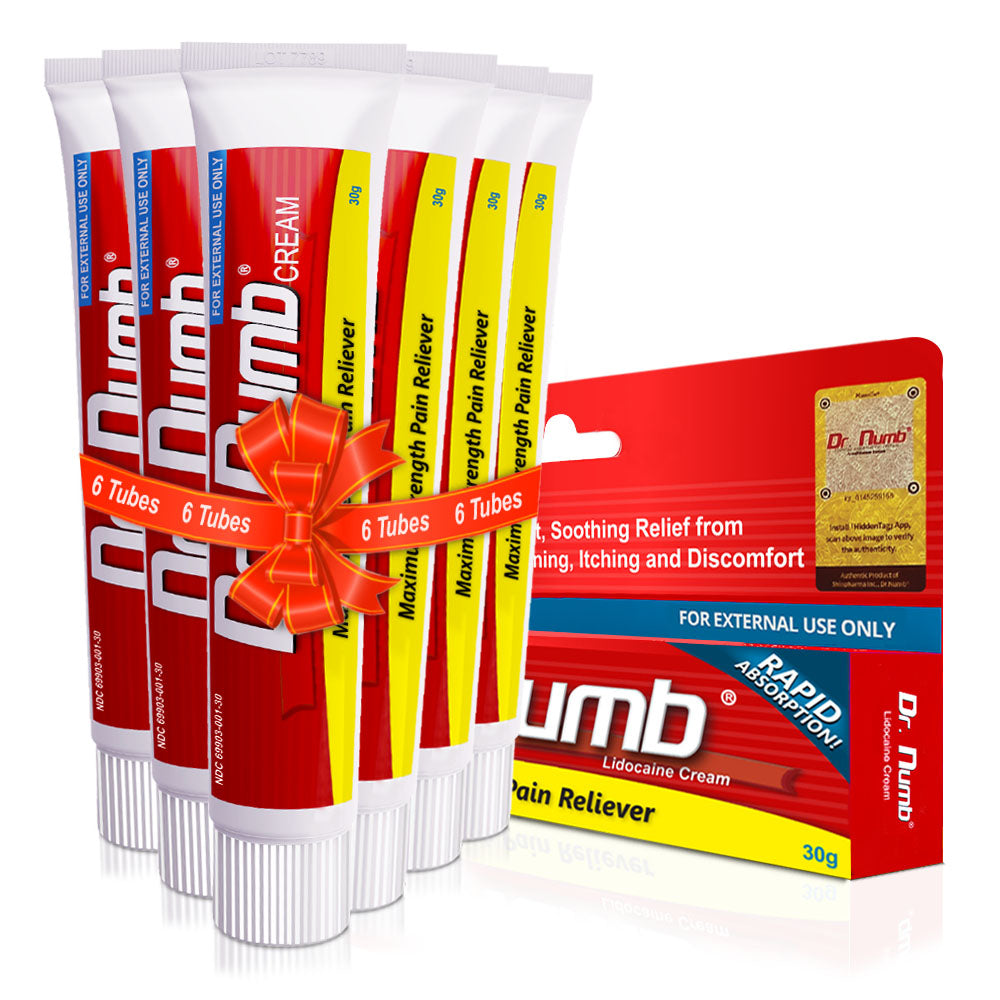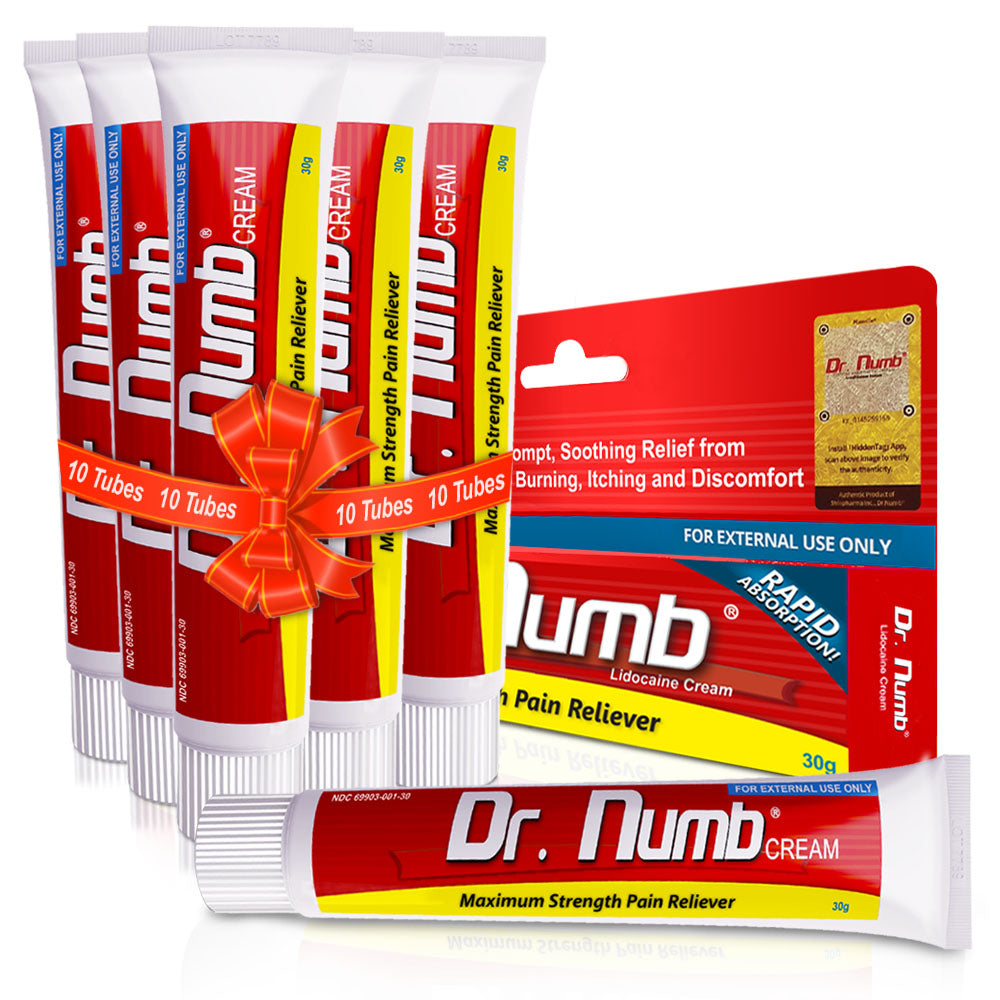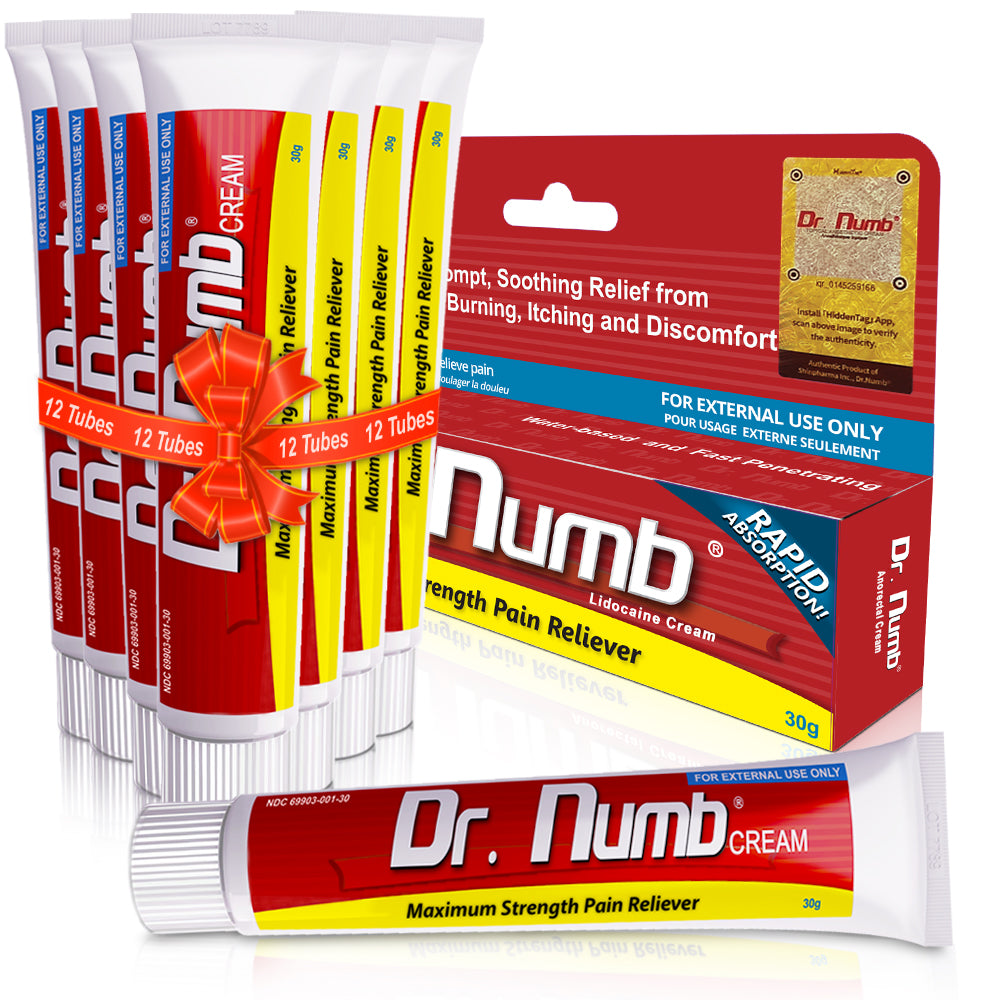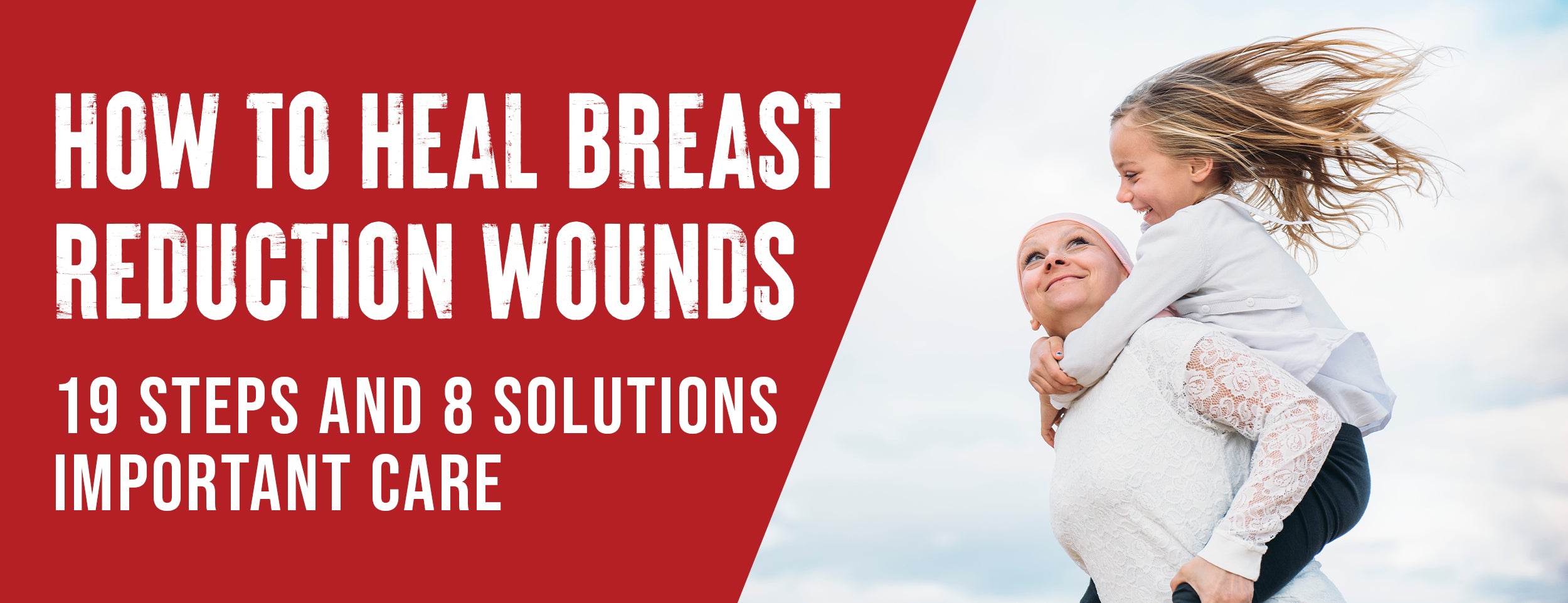A wound's healing can be delayed by factors that have little or no relation to the wound's location. If these factors are better understood, it may be possible to develop therapeutics that improve wound healing and resolve impaired injuries.
Yes, prednisone can delay wound healing. Patients taking chronic corticosteroids, such as prednisone, at doses greater than 40 mg per day have a higher risk of surgical incision dehiscence, wound infection, and delayed healing of open wounds.
This blog post discusses whether prednisone delays wound healing, the wound-healing mechanisms, and clinical evidence of wound healing.
Does Prednisone Delay Wound Healing: Understanding the 4 Factors

Prednisone has been helping individuals improve their health for many years as a medication for various medical conditions, ranging from respiratory illnesses to autoimmune diseases.
It has also been associated with delayed wound healing, which can lead to complications and infections. To understand how Prednisone-induced wound healing delays occur, let's examine the various causes.
Dosage and Duration of Prednisone Use
Prednisone dosage and duration are important factors determining wound healing delay. The risk of developing slower wound healing increases with prednisone dosage and duration of use.
It suppresses the immune system, prolonging inflammation and leading to prolonged wound healing. Higher doses of prednisone cause more significant effects on the immune system, affecting the body's ability to heal the wound effectively.
Age and Health Status of the Patient
Prednisone-induced wound healing delays are determined by the patient's age and general health status. Cell proliferation and other cellular processes slow down as people age.
Chronic diseases such as diabetes can cause delayed wound healing because of lowered immune system function. Older patients may have slower wound healing because of weakened immune systems and cellular processes.
Type and Severity of Wound
The wound's type, size, and severity significantly affect prednisone-induced wound healing delays. Wounds that involve more profound tissue damage and those that require more complex surgical repair may experience slower healing times because of the extent of the injury.
A wound's size and location also matter, with deeper cuts and wounds taking longer to heal than surface-level scrapes.

Concomitant Medications and Treatments
Concomitant medications and treatments can interact with Prednisone, making its effects on wound healing morepronounced. Cyclosporine, Tacrolimus, or Sirolimus are anti-immune drugs that can further delay wound healing.
Radiation and chemotherapy treatments can also cause significant damage to healthy cells, slowing wound healing.
Prednisone in Wound Healing: 3 Mechanisms
Corticosteroids such as prednisone help manage inflammatory and immune system disorders. Despite its many benefits, it can delay wound healing. For wound healing, we must understand the mechanisms behind prednisone's anti-inflammatory effects, its role in disrupting the immune system, and how it negatively affects the vascular network.
The Anti-inflammatory Effects of Prednisone
By suppressing the immune system's response, prednisone reduces inflammation. This is achieved by:
- Inflammatory cytokines are reduced.
- Suppressing the activity of white blood cells such as neutrophils and lymphocytes involved in inflammation.
- The prevention of inflammation-related itching and swelling caused by histamine release.
- Prostaglandins cause pain, swelling, and fever.
How does Prednisone Interfere with the Immune Response?
Wound healing relies heavily on the immune system. Pathogens are fought off, debris is removed, and new tissue is formed. The immune system can be suppressed by prednisone, which negatively affects wound healing. In particular, prednisone can:
- Boost the immune system's ability to respond to infections and injuries by reducing white blood cells.
- Deficiency in macrophage function - cells that remove foreign invaders and debris from the injury site.
- Inhibits the production of new blood vessels that deliver nutrients and oxygen to an injured area.
The Disruption of Vascular Network Essential for Wound Healing
Prednisone impairs immune function and disrupts the vascular network, which is essential for wound healing. Without a sufficient blood supply, tissues at the injury site may lack the nutrients necessary for healing. Specifically, prednisone can:
- Reduce the production of growth factors that stimulate blood vessel growth.
- Cells called endothelial cells are inhibited from growing new blood vessels.
- Restrict blood flow to the injury site by impairing existing blood vessels' dilation ability.
Prednisone Delays Wound Healing: 4 Clinical Evidence

Prednisone is commonly prescribed for autoimmune disorders, allergic reactions, and inflammatory conditions. In both animals and humans, prednisone has been shown to delay wound healing.
Animal Studies
Prednisone's effects on wound healing have been studied extensively in animal studies. These are some of the key findings:
- Various mechanisms, including reduced collagen synthesis and impaired wound contraction, are involved in how prednisone delays wound healing in rats and mice.
- A high prednisone dose can also inhibit the proliferation and migration of keratinocytes and fibroblasts involved in wound healing.
- A wound may become infected when prednisone is administered, resulting in further healing delays.
Human Studies
Prednisone has also been studied for its effect on wound healing in humans. The following are some key findings:
- High doses of prednisone taken after surgery slow wound healing and increase surgical site infections.
- Burn injury patients who take prednisone may also have poorer outcomes with skin grafts.
- Prednisone may also result in skin thinning and scarring, which further hinders healing.
Limitations of These Studies
Studies have provided valuable insight into prednisone's effects on wound healing, but there are some limitations. These include:
- Most studies are conducted on animals, so it is essential to recognize that human findings may only sometimes apply.
- Most human studies have used small sample sizes and have not considered other medications or medical conditions that could also affect wound healing.
- Some studies have focused on individuals taking high doses of prednisone, which may not show how prednisone affects wound healing in individuals taking low doses or over extended periods.

Potential Avenues for Future Research
Future research could explore the following areas better to understand how prednisone affects wound healing:
- Studying the effects of prednisone at different doses and durations on a larger, well-controlled group of patients.
- Prednisone may delay wound healing by affecting specific cell types involved in wound healing and by altering molecular mechanisms.
- Assessing alternative treatment options or modifications to prednisone dosing regimens that may minimize wound healing delays.
Prednisone and Wound Healing: 7 Management & Prevention
Steroid medications such as prednisone are highly effective for treating a variety of conditions. The adverse effects of surgery and injuries on wound healing can present significant challenges to patients undergoing surgery or dealing with injuries. Wound care tips can help manage and prevent prednisone-induced wound healing delays. Consider these practical suggestions:
Wound Care Tips During Prednisone Use
Proper wound care is crucial, particularly while on prednisone. For optimal wound care during prednisone use, here are essential tips.
- Keep the Wound Clean and moist: Maintaining a clean wound and damp will promote faster healing. Healthcare professionals recommend gentle, non-irritating cleaning methods and products.
- Avoid Pressure or friction: Friction or pressure on the wound can impede healing and cause scarring. You can prevent this by avoiding tight clothing or footwear and using cushioning or bandages if necessary.
- Manage Pain and Swelling: Swelling and pain are joint after wounds, but prednisone can worsen them. To manage discomfort, you may need over-the-counter pain relievers or prescription medications.
- Follow a Nutritious Diet: Protein and nutrients can help the body heal. By working with a healthcare professional, ensure your diet plan is tailored to your needs.
Alternative Treatment Options

Prednisone is widely used, but it does not treat every condition. Among the alternative treatments considered are:
- Natural Remedies: Aloe vera, honey, and tea tree oil can all provide anti-inflammatory and antibacterial benefits.
- Other Medications: Prednisone may be replaced with additional medications depending on the underlying condition. Consult a healthcare professional about these options.
- Surgical Alternatives: There are alternatives to prednisone treatment, including surgery. A different surgical schedule or alternative surgical techniques may be used.
The Importance of Patient Education
Prednisone can adversely affect wound healing, so patients should be educated about its effects. To do this, you must know what to expect, how to deal with challenges, and when to seek medical attention. Patients should be encouraged throughout treatment to ask questions and communicate with their healthcare team.
With proper care and treatment options, it is still possible to promote healing and restore health when patients are taking prednisone.

Conclusion
Patients and healthcare providers may experience prolonged periods of pain and discomfort because of prednisone-induced wound healing delays. This issue can be mitigated by understanding the factors that contribute to it and can help patients heal their wounds more effectively and faster.
Healthcare providers can enhance the healing process and reduce complications by considering the type and severity of the wound, the dosage and duration of prednisone, the patient's age and overall health status, and possible concomitant medications and treatments.

![Prednisone and Wound Healing: Factors & Mechanisms [with Clinical Evidence]](http://drnumb.com/cdn/shop/articles/Does_Prednisone_Delay_Wound_Healing__4_Factors_Involved.jpg?v=1707192218&width=1100)

